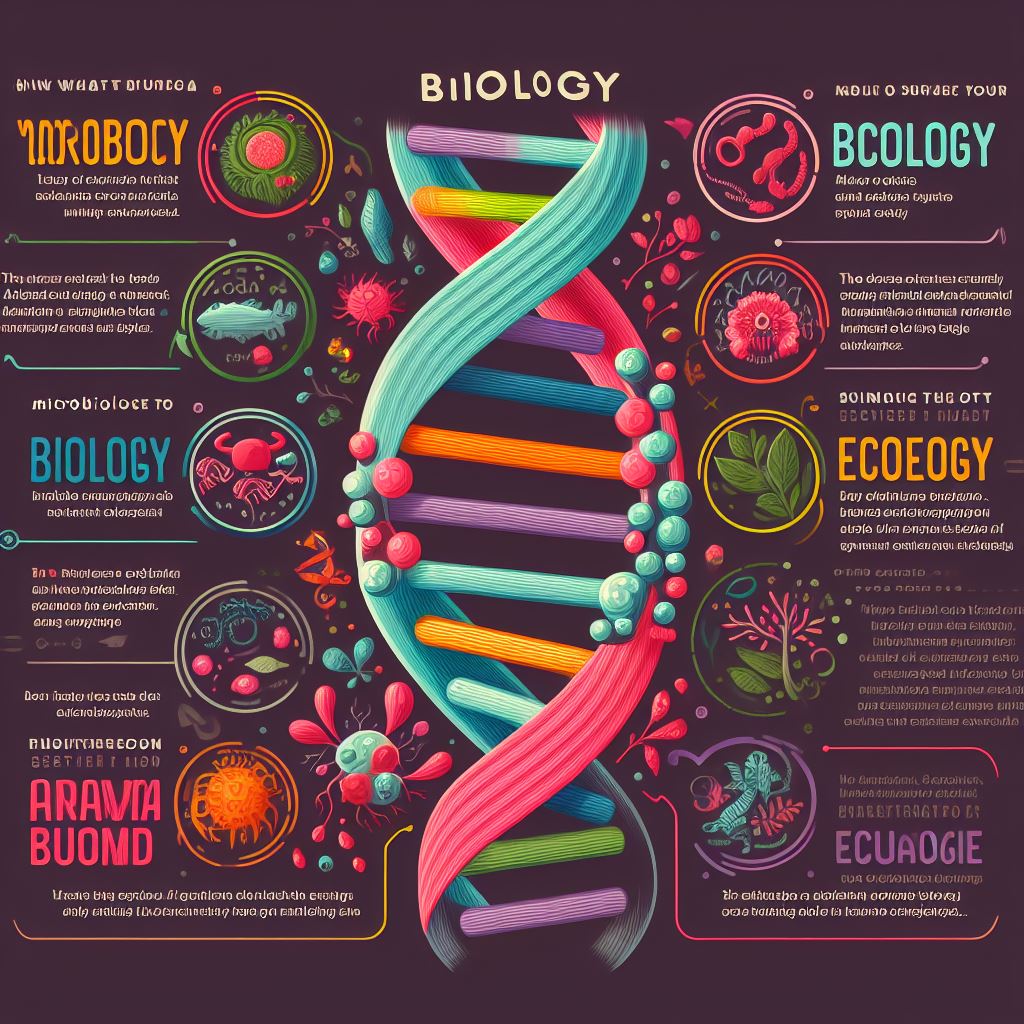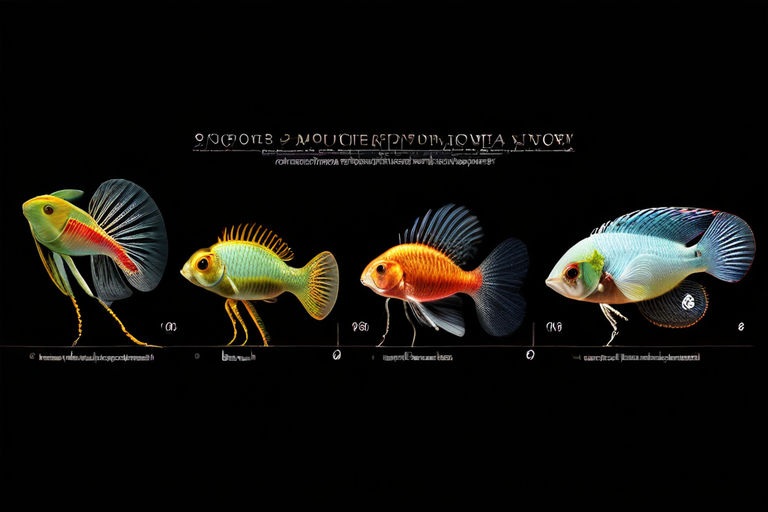In the vast realm of knowledge and discovery, few words carry as much weight as “science.” This term encapsulates the systematic study of the natural world, the key to understanding the universe’s mysteries and improving our lives. However, the power and significance of the word “science” can be undermined by a seemingly trivial but surprisingly common issue: its misspelling.
The correct spelling of “science” is a fundamental aspect of clear communication and intellectual credibility. Unfortunately, it is all too easy for individuals to fall into the trap of common spelling mistakes, which can dilute the impact of their ideas and research. In this article, we will delve into the correct spelling of “science,” explore some of the most common spelling mistakes, and underscore the profound importance of getting it right. After all, precision in spelling is a reflection of precision in thought, and in the world of science, precision is paramount.

In the vast realm of knowledge and discovery, the word “science” stands as a pillar of human understanding. It encompasses the systematic study of the natural world and serves as the foundation for countless breakthroughs that have transformed our lives. Yet, despite its significance, the correct spelling and pronunciation of “science” can sometimes elude even the most educated individuals. In this comprehensive exploration, we will delve into the nuances of spelling and pronunciation, unravel the mysteries of this word, and emphasize the importance of getting it right. After all, precision in language is the hallmark of intellectual rigor, and in the world of science, precision is paramount.
The Correct Spelling of “Science”:
Let us begin with the spelling of the word “science.” In English, it is spelled as “S-C-I-E-N-C-E.” This spelling adheres to the standard rules of English phonetics and is consistent with the word’s etymology, which can be traced back to the Latin word “scientia,” meaning knowledge. The spelling has remained remarkably stable over time, making it one of the less complicated words in the English language.
However, despite its simplicity, misspelling “science” is a surprisingly common occurrence. Some of the most frequent spelling errors include
- However, despite its simplicity, misspelling "science" is a surprisingly common occurrence. Some of the most frequent spelling errors include
- The Pronunciation of "Science"
- Common mispronunciations of "science" include
- The Importance of Proper Spelling and Pronunciation
- Spell Checkers in Word Processing Software
- Browser Extensions
- Grammar and Spelling Checkers
- Scientific Writing Software
- Online Dictionaries and Thesauruses
- Mobile Apps
- Science-Specific Spell Checkers
- Collaboration Tools
- Auto-Correction on Mobile Devices
- Pronunciation Tools
- Sceince: This mistake often results from a typographical error where the “i” and “e” keys are inadvertently switched. While it may seem minor, such errors can compromise the clarity and professionalism of written communication.
- Sienc or Sciene: These variations are typically the result of fast typing or a lack of attention to detail. The letters are rearranged, but the pronunciation remains the same.
- Sience: Occasionally, individuals may drop the “c” or inadvertently add an extra “e” to the word. These variations are phonetically similar but incorrect.
- Syence: This spelling error arises from phonetic approximations or regional accents but is incorrect in standard English.
To avoid these common spelling mistakes, it is crucial to double-check your writing, use spell-checking tools, and, most importantly, familiarize yourself with the correct spelling through practice.
The Pronunciation of “Science”
Now, let’s turn our attention to the pronunciation of “science.” Proper pronunciation enhances effective communication and ensures that your words are clearly understood. The standard pronunciation of “science” involves the following phonetic elements:
- S: Begin with a voiceless alveolar fricative sound, similar to the “s” in “see.”
- I: Pronounce the short vowel sound “ih,” as in “sit” or “lid.”
- E: Follow the “ih” sound with the short vowel sound “eh,” as in “red” or “pen.”
- N: Conclude with a clear and crisp “n” sound, produced by touching the tip of your tongue to the alveolar ridge behind your upper teeth.
The emphasis in the word “science” falls on the first syllable, making it “SI-ence.” The second syllable, with the “ence” sound, is pronounced more softly and is often referred to as a “schwa” sound, which is the unstressed “uh” sound frequently heard in unstressed syllables in English.
Common mispronunciations of “science” include
- Sai-ence: This mispronunciation replaces the correct “si” sound with a “sai” sound, resembling the pronunciation of “sigh.” It deviates from the standard pronunciation and can lead to confusion.
- Skai-ence: Similar to the previous error, this mispronunciation adds a “k” sound before the “si” sound. It is incorrect and may make you sound less knowledgeable about the subject.
- Se-ence: Some individuals omit the “i” sound entirely, pronouncing it as “se-ence.” This alteration, while subtle, alters the word’s pronunciation and should be avoided.
- Sigh-ants: A more significant deviation, this mispronunciation replaces “science” with “sigh-ants,” completely altering the word’s meaning and sound.

To ensure that you pronounce “science” correctly, practice the standard pronunciation regularly and listen to native speakers or language resources. Correct pronunciation not only reflects your grasp of the language but also enhances your credibility, particularly when discussing scientific topics.
The Importance of Proper Spelling and Pronunciation
Understanding the correct spelling and pronunciation of “science” is not just a matter of linguistic accuracy; it holds significant importance in various aspects of life:
- Professionalism: Whether you are writing scientific papers, giving presentations, or participating in academic discussions, proper spelling and pronunciation of “science” demonstrate your professionalism and command of the subject matter.
- Clarity: Accurate spelling and pronunciation ensure that your ideas and messages are conveyed clearly. Mispronunciations or misspellings can lead to confusion or misinterpretation.
- Credibility: In the realm of science, credibility is paramount. Demonstrating linguistic precision underscores your commitment to accuracy and enhances your standing in the scientific community.
- Effective Communication: When discussing scientific concepts with colleagues, students, or the general public, proper spelling and pronunciation help you communicate complex ideas more effectively, fostering better understanding.
- Education: For educators, getting the spelling and pronunciation of “science” right is crucial in setting a positive example for students. It helps instill correct language habits from an early age.
In conclusion, while “science” may seem like a simple word, its correct spelling and pronunciation are essential for effective communication, professionalism, and credibility. Understanding and adhering to the standard spelling and pronunciation of “science” is a small yet significant step in honoring the vast world of knowledge it represents.
When it comes to spelling the word “science,” some common mistakes can slip into our writing, even among well-educated individuals. It’s important to avoid these frequently misspelled words in science to maintain clarity, professionalism, and credibility in your writing. Here are some common errors to watch out for
- Sceince: One of the most common mistakes is swapping the “i” and “e” in the word, resulting in “sceince.” This typographical error is often due to the close proximity of the “i” and “e” keys on a keyboard.
- Sience: This mistake involves omitting the “c” and can occur due to fast typing or lack of attention to detail. It results in “sience,” which is not the correct spelling.
- Sienc or Sciene: These errors are variations where the “i” and “e” are transposed or interchanged. While they may seem similar to the correct spelling, they are incorrect.
- Syence: Some individuals may add a “y” at the beginning of the word, pronouncing it as “syence.” This spelling is not standard in English.
- Sceance: Confusing “science” with “seance,” which refers to a supernatural gathering, is another spelling error to avoid.
- Sciance: This is a combination of “science” and “iance,” resulting in an incorrect and unrecognizable word.
- Sienece: A less common error is adding an extra “e” between the “i” and “n,” resulting in “sienece.” This alteration is not in line with standard English.
- Sciecne: Sometimes, individuals might switch the “n” and “e” in the word, producing “sciecne.” This mistake can easily go unnoticed during proofreading.
- Sceincee: A double “e” added at the end of “science” is a typographical error that can occur due to an accidental keypress. It’s essential to catch and correct such mistakes.
- Scientce: An occasional error involves the insertion of an extra “t” before the “n,” leading to “scientce.” This spelling error should be avoided.
To avoid these common spelling mistakes when writing “science,” it’s crucial to proofread your work carefully, use spell-checking tools, and pay attention to the correct placement of each letter in the word. Precision in spelling not only enhances your writing but also reinforces your professionalism and credibility, particularly when discussing scientific topics.

Additionally, familiarizing yourself with the correct spelling through regular practice and repetition can help cement the proper spelling of “science” in your memory. In the world of scientific communication, precision in language is a reflection of precision in thought, and mastering the correct spelling of “science” is a small yet significant step toward achieving that precision.
Spelling the word “science” correctly is crucial for effective communication and maintaining professionalism in your writing. To help remember the correct spelling, you can utilize mnemonic devices and employ strategies that make it easier to recall. Here are some useful tips for remembering how to spell “science” correctly:
- Break It Down Phonetically:
- Divide the word “science” into syllables: “sci-ence.” Focus on each syllable separately.
- Think of the “sci” part as being related to scientific knowledge, and “ence” as the ending that signifies a state or condition.
- Use Mnemonic Devices:
- Create a memorable phrase or sentence that incorporates the letters of “science” in the correct order. For example: “Smart Cats Investigate Everything” or “Scientific Curiosity Engages New Creative Endeavors.”
- Visualize a scientific laboratory or a scientist performing experiments whenever you write or say the word “science” to reinforce the correct spelling.
- Acronyms:
- Form an acronym using the first letter of each syllable in “science.” For instance, “S” for “smart,” “C” for “curiosity,” “I” for “investigate,” “E” for “everything,” “N” for “new,” “C” for “creative,” and “E” for “endeavors.”
- Create a memorable acronym that helps you recall the correct sequence of letters when spelling “science.”
- Write It Out:
- Practice writing “science” several times. Repetition can reinforce the correct spelling in your memory.
- Try writing the word in the air or on paper while mentally saying the letters to enhance muscle memory.
- Flashcards:
- Make flashcards with “science” written on one side and its correct spelling on the other. Review these flashcards regularly to reinforce the correct spelling.
- Visual Associations:
- Associate the letters in “science” with visual cues. For instance, imagine the letter “s” as a microscope, the letter “c” as a beaker, and the letter “e” as a scientist performing experiments.
- Create mental images or drawings that link the letters to scientific symbols or concepts.
- Word Games and Puzzles:
- Engage in word games like crossword puzzles and word searches that include the word “science.” The act of finding and spelling the word correctly can help reinforce your memory.
- Proofreading Practice:
- Whenever you write something that includes the word “science,” take a moment to proofread it carefully. This practice will train your brain to recognize the correct spelling automatically.
- Rhyming Words:
- Find words that rhyme with “science” and use them in a rhyming mnemonic. For example, “defiance” or “appliance” can be used to remember the “i-e-n-c-e” sequence.
- Educational Resources:
- Utilize educational resources, such as online spelling games or apps, to test and improve your spelling skills, including “science.”
Remember that consistent practice and reinforcement of correct spelling are key to mastering it. Over time, these tips and techniques will help you confidently spell “science” without hesitation, ensuring that your written and spoken communication in the scientific realm is clear and professional.
In today’s digital age, technology plays a pivotal role in assisting us with correct spelling, ensuring clarity and professionalism in our communication. Whether it’s composing scientific research papers, reports, or even casual emails, technology tools for spell check have become indispensable. In this article, we will explore the various ways in which technology aids in maintaining accurate spelling, with a focus on online spell checkers for science-related words.
Spell Checkers in Word Processing Software
Word processing software like Microsoft Word, Google Docs, and LibreOffice Writer come equipped with built-in spell checkers. These tools automatically highlight misspelled words as you type and offer suggestions for correct spelling. They are invaluable for writers, including scientists, who want to maintain precision and professionalism in their documents.
Browser Extensions
Many internet browsers offer spell check extensions or add-ons that can check the spelling of text entered into web forms, online documents, or emails. This is particularly useful when communicating scientific information through email or web-based applications.
Grammar and Spelling Checkers
Advanced grammar and spelling checkers, such as Grammarly and ProWritingAid, go beyond basic spell check. They provide context-based suggestions, identify contextual errors, and even offer style recommendations. These tools are beneficial for scientists and researchers who need to ensure the clarity and coherence of their scientific papers.
Scientific Writing Software
Specialized software tools like LaTeX and Overleaf cater to the needs of researchers and scientists, providing templates and tools for writing research papers. These tools often include spell check features specifically designed for scientific terminology and formatting.
Online Dictionaries and Thesauruses
Online dictionaries and thesauruses, such as Merriam-Webster and Thesaurus.com, not only provide definitions and synonyms but also offer pronunciation guides. They can be invaluable when you come across unfamiliar scientific terms.
Mobile Apps
Mobile apps for smartphones and tablets often include spell check features. These apps are handy for on-the-go professionals, including scientists attending conferences or giving presentations.
Science-Specific Spell Checkers
For scientists and researchers working with highly specialized terminology, there are niche spell checkers tailored to specific scientific fields. These tools help ensure that scientific terms are spelled correctly, reducing the risk of errors in research publications.
Collaboration Tools
Online collaboration platforms like Google Workspace (formerly G Suite) and Microsoft Teams incorporate spell check functionality into real-time collaborative documents. This ensures that all collaborators maintain consistent spelling and grammar standards.
Auto-Correction on Mobile Devices
Auto-correct features on smartphones and tablets automatically correct common spelling errors as you type. While not infallible, these features can help catch mistakes in informal messages and emails.
Pronunciation Tools
Some technology tools, like online dictionaries and language learning apps, offer audio pronunciation guides. This can be particularly helpful for scientists who need to pronounce scientific terms accurately during presentations or discussions.
In conclusion, technology has revolutionized the way we approach spelling and language in our professional and personal lives. Online spell checkers and other language-related tools have become essential companions for scientists and researchers, helping them maintain precision and professionalism in their scientific communication. With the aid of these technological advancements, we can ensure that our written and spoken words accurately convey the complexities of the scientific world.























People reacted to this story.
Show comments Hide commentsdolorem ullam rem labore non expedita aut voluptatem quos deserunt tempora eaque iste eos blanditiis aspernatur nemo. vel repellat aliquid est unde velit officia asperiores incidunt velit reprehenderi
et qui non qui nobis explicabo occaecati architecto ad officia eveniet qui quaerat impedit voluptatem eaque qui. debitis laboriosam qui consectetur quaerat vel in tempore dignissimos in esse. eius duc